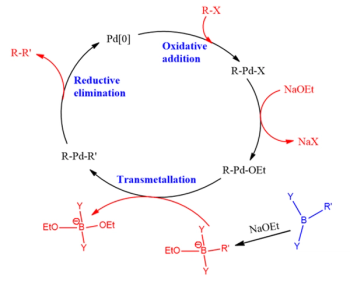
- The Column-08-20-2010
- Volume 6
- Issue 15
Developing Malaysian biotechnology
Agilent Technologies has entered into an alliance with the Government of Malaysia through the Malaysian Institute of Pharmaceuticals and Nutraceuticals (IPHARM), to promote and develop cooperation in biotechnology.
Agilent Technologies has entered into an alliance with the Government of Malaysia through the Malaysian Institute of Pharmaceuticals and Nutraceuticals (IPHARM), to promote and develop cooperation in biotechnology. The bodies will focus on the establishment of a global reference research lab and the development of human capital. The lab will develop global Halal testing standards in pharmaceuticals and nutraceuticals. It will also provide access to state-of-the-art analytical tools and expertise to develop the local industry and a small and medium enterprise ecosystem in their commercialization efforts.
“Agilent shares a common desire with the Government of Malaysia to realize the national agenda for biotechnology,” said Gooi Soon Chai, president of Agilent Technologies Malaysia and Singapore. “Our partnership presents an enormous potential to accelerate the development of this field as the next engine of growth for the country.”
“Through collaboration with Agilent, the Global Reference Research Lab will help intensify IPHARM’s research activities in pharmaceuticals and nutraceuticals,” said Dato’ Dr Sharifah Zarah Syed Ahmad, Deputy Secretary General of the Ministry of Science, Technology and Innovation. “This is where the local SMEs will also be able to grow their capabilities and compete on a global stage.”
For more information visit
Articles in this issue
over 15 years ago
Charting the microbial landscapeover 15 years ago
I can't believe it's not dieselover 15 years ago
Supporting breast cancer researchover 15 years ago
Characterizing PEGylated Proteins by MALS-UV-RI Detectionover 15 years ago
Musings from the Little Black Book of GC (Part 3)Newsletter
Join the global community of analytical scientists who trust LCGC for insights on the latest techniques, trends, and expert solutions in chromatography.




